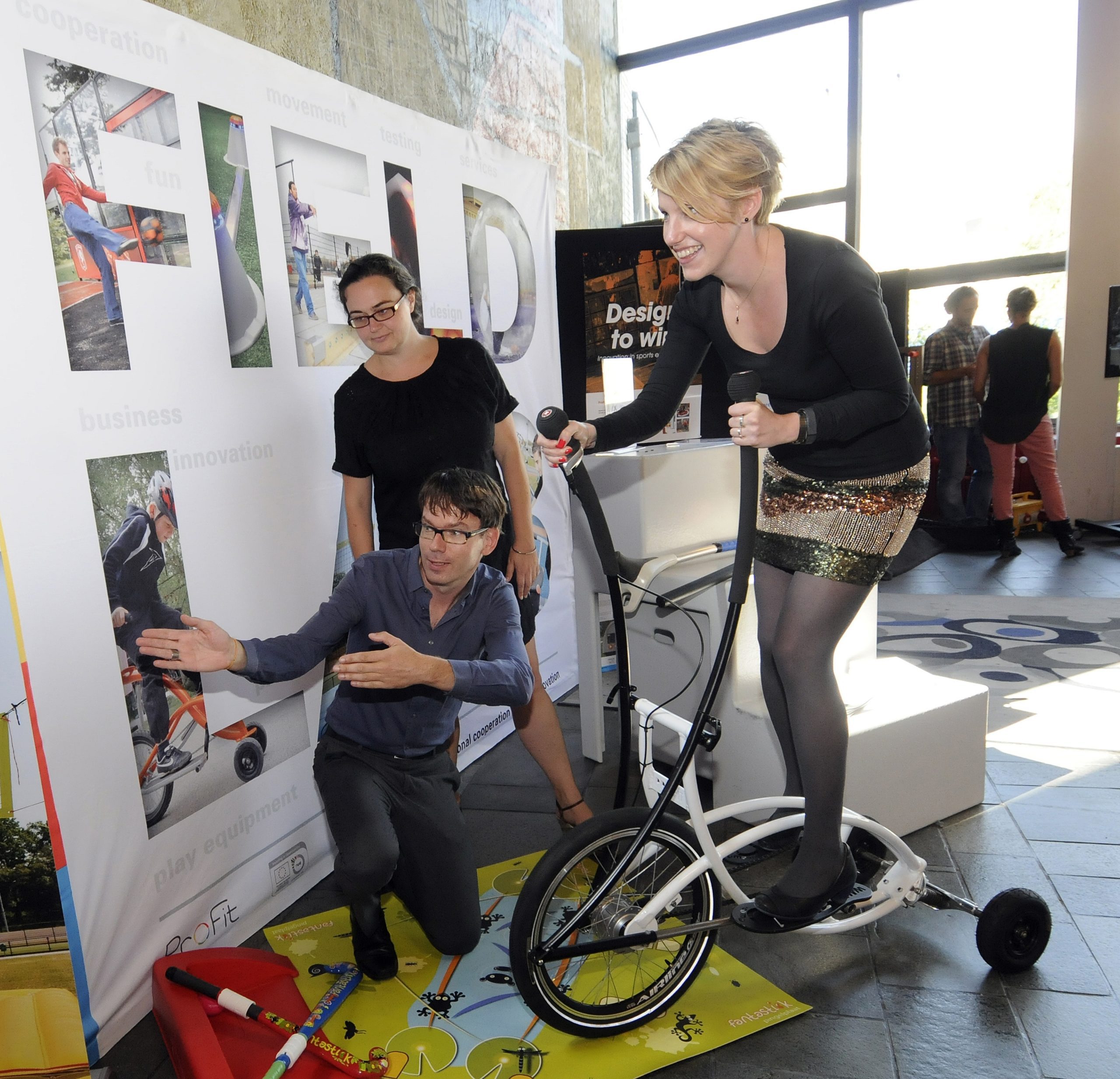On September 16, TU Delft officially launched a new wing of research and collaboration, the Sports Engineering Institute. The SEI has been started to promote research into sports engineering, more specifically, organised research in performance enhancement in elite sports and sport for health benefits.
Designed to encourage inter-disciplinary research, the institute is a collaboration between five faculties, 3mE, Industrial Design Engineering, Architecture, EWI and Aerospace. Research areas identified by the institute include Aero and Hydrodynamics, biomechanics, materials and human-material interaction, measuring, feedback and simulation, motivation and persuasion to compete in sports and sports infrastructures and facility.
“M.Sc. and B.Sc. students who are interested in research in these areas can contact us and we will help find them a relevant project on campus or company to do their project with,” explains Anoek van Vlaardingen, Coordinator Sports Engineering, Sports Engineering Institute.
She adds that sometimes they also try to match the interest of the student with the research. “For instance if someone is a cycling enthusiast, we put them in touch with one of the bigger cycling teams in the Netherlands and assign a related research area.”
Currently a number of projects are already underway, especially at the Faculty of Industrial Design Engineering. “For instance, a company that broadcasts rowing competitions recently approached us to design a camera that could get a better view of the contestants without interfering in the race. The students designed a simple boat with a camera on top that follows the competing boats around, it was simple and effective,” she explains. Research is also being done on speed skating, getting the perfect stroke and understanding a player’s game. “Internationally, feedback on elite game performances is a research area that’s being picked up a lot.”
Currently, there’s an M.Sc. specialisation in Sports Engineering offered by 3mE. The institute plans to get input from other faculties on to the track and open it up for students from all backgrounds.
Funding for the institute comes from European projects and also from some companies and brands interested in the research. National function includes a new Top Sector Sport grant by the Ministry of Health, Welfare and Sports and a 10 million euro Sport Call. The subject is also in focus at the new EU Erasmus programme for Education, Training, Youth and Sport for 2014 – 2020.
With the course, the university also hopes to make an international impact. In time, the institute hopes to be visible at the Olympics and the Tour de France. They also plan to partner with local committees such as the World Rowing Championships in Amsterdam 2014 and the Volvo Ocean Race 2015 in The Hague.



Comments are closed.